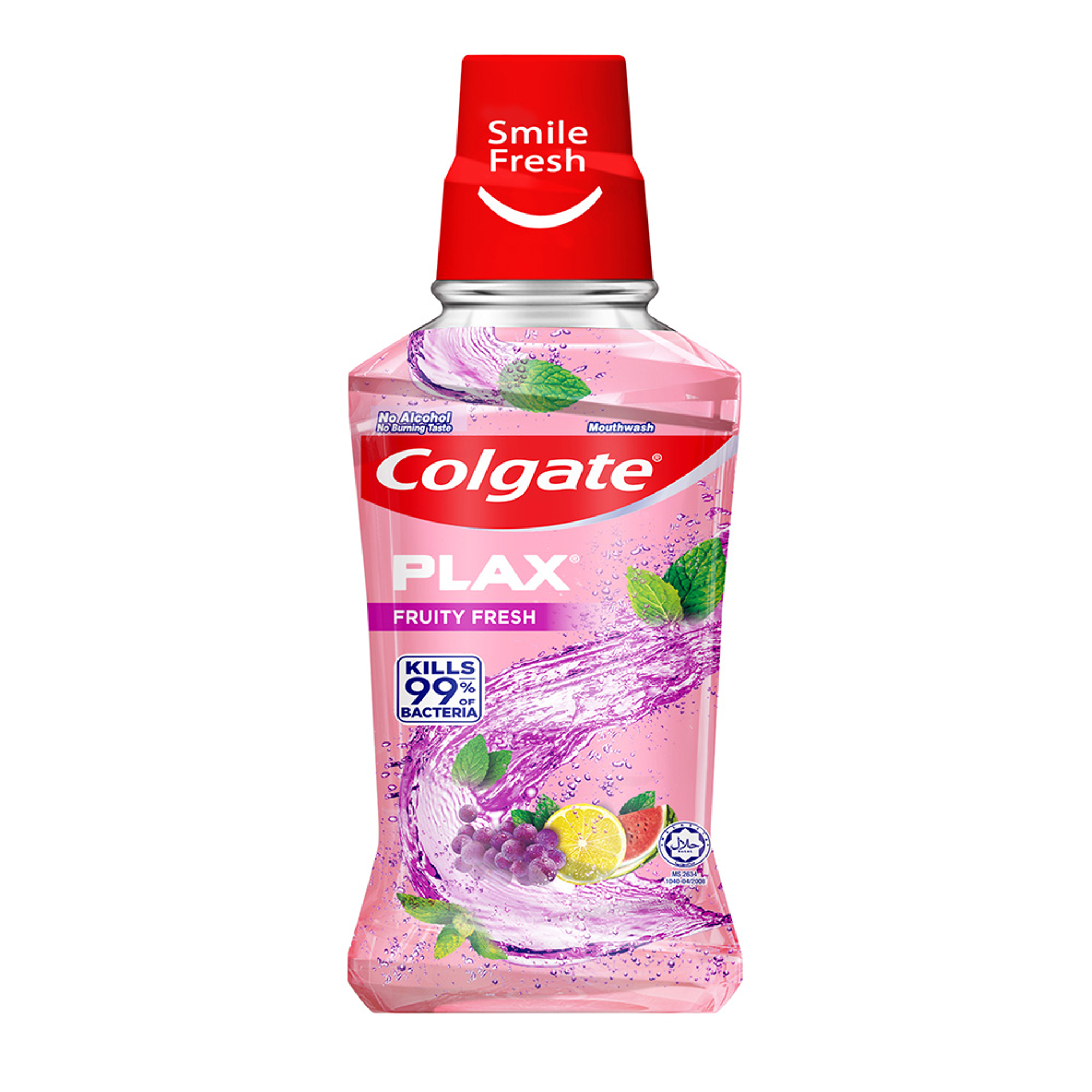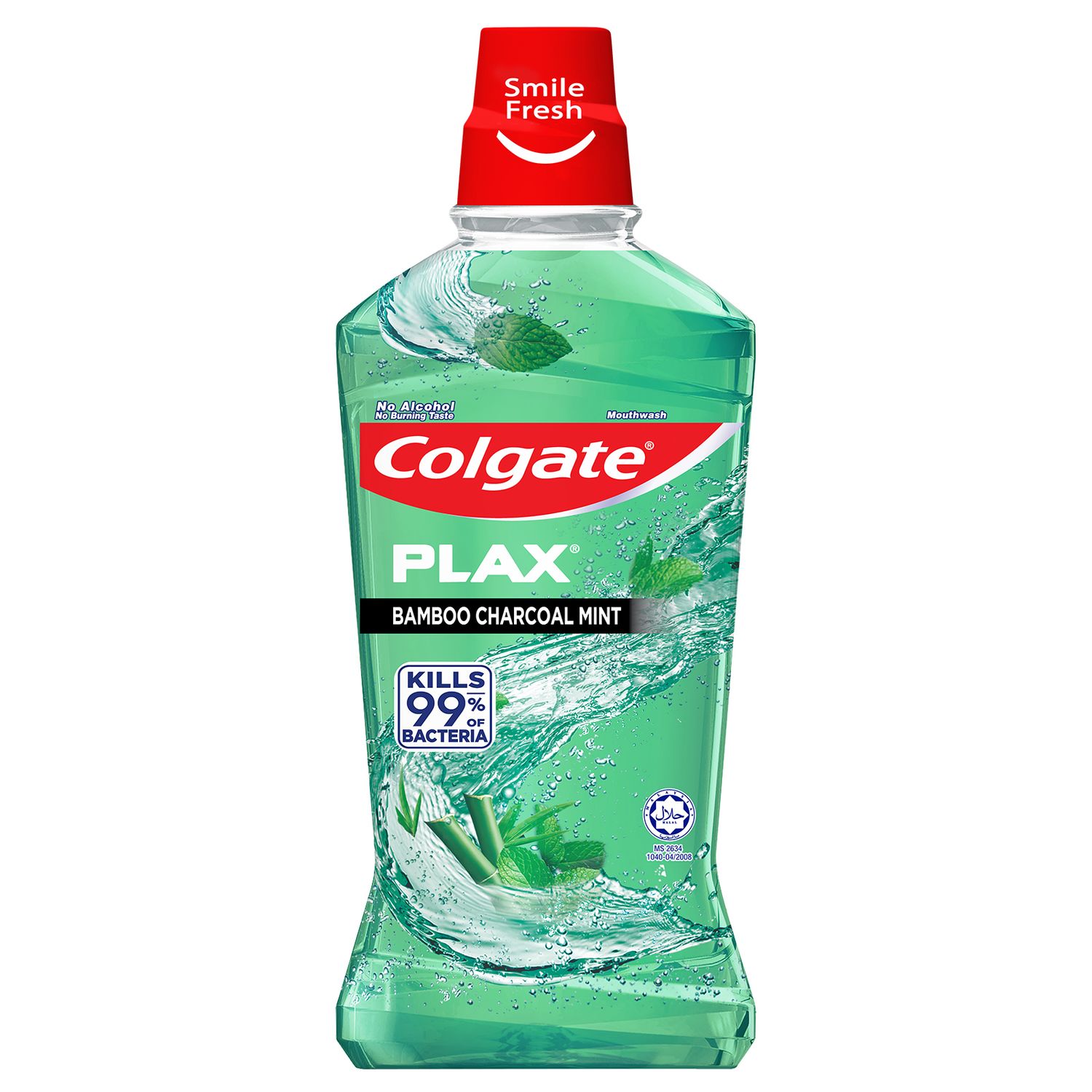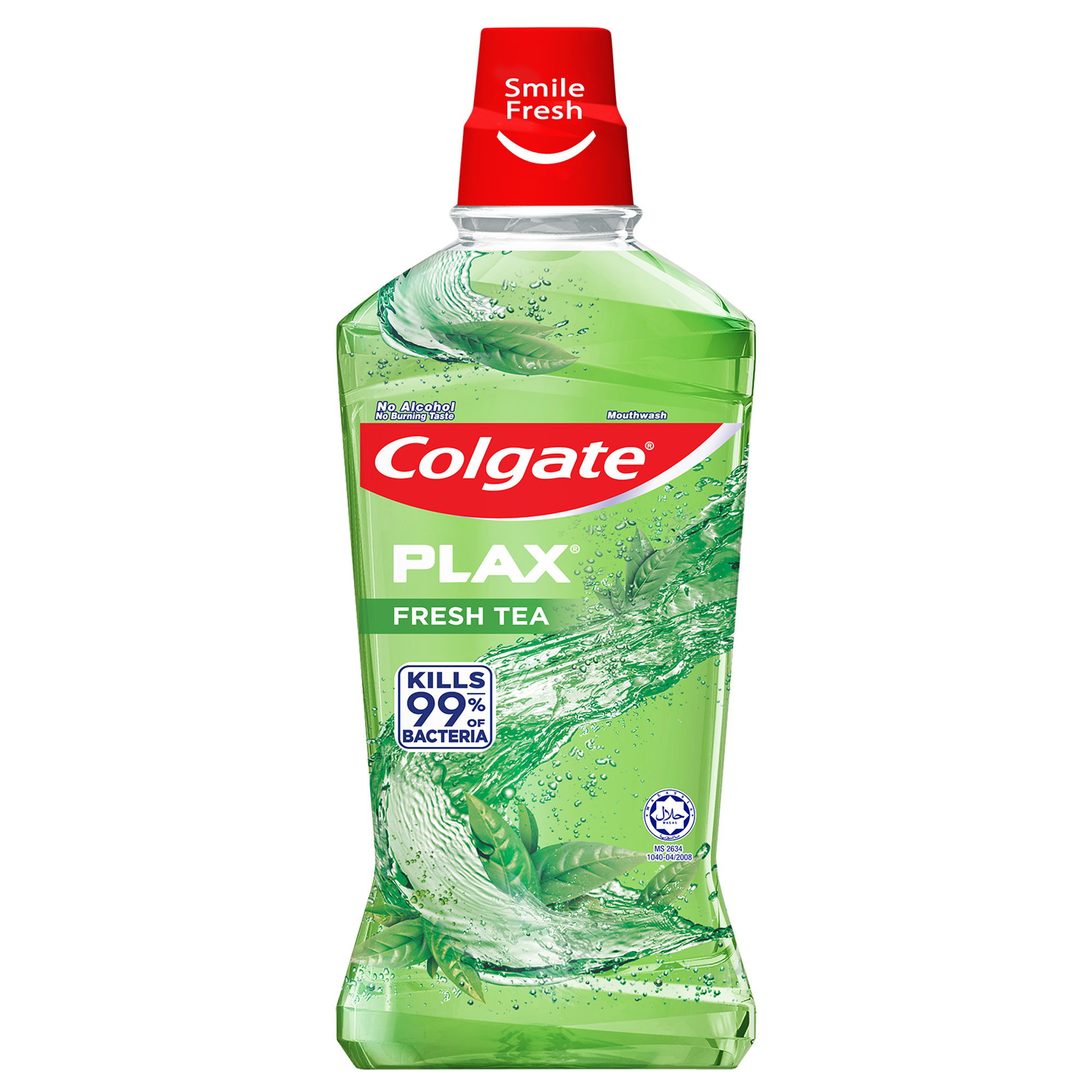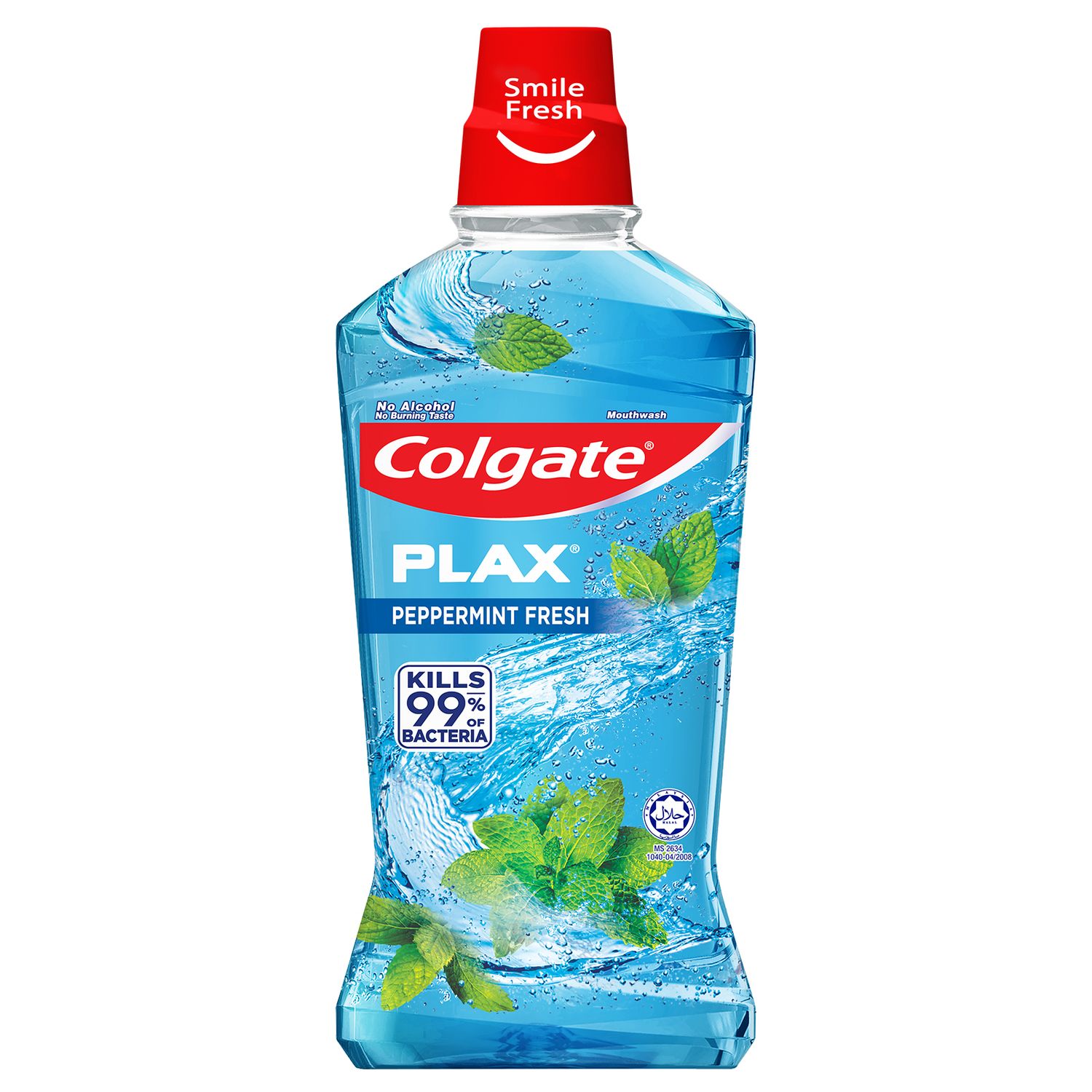-
-

FLUORIDE
Discover how stannous fluoride toothpaste prevents cavities and other oral health issues. Learn the key benefits of fluoride for teeth and its best uses.Fluoride plays a vital role in oral healthcare...

TEETH WHITENING
Teeth Whitening Serum for a Brighter, Confident SmileWho does not want whiter and brighter teeth? Thanks to the many teeth-whitening products available today...
-
Science & Innovation
- ORAL HEALTH ASSESSMENT
- Colgate® | Toothpaste, Toothbrushes & Oral Care Resources
- Oral Health
- How Does Mouthwash Work?
Brushing and flossing are the cornerstones of a good oral hygiene routine, but some people choose to complement this routine with mouthwash. If you want to add mouthwash to your daily routine, choosing the right product can be overwhelming. There are so many different types of mouthwash, and they each advertise a broad range of benefits.
What type of mouthwash should you choose? How does mouthwash work? This guide will answer those questions and more.
The Benefits of Mouthwash
Many people have a vague idea that mouthwash is good for their oral health but may not know the specifics of how mouthwash helps. There are many potential benefits of mouthwash, but these benefits depend on the product and how you're using it. So, how does mouthwash work?
How to Choose a Mouthwash
When selecting a mouthwash, think about your oral health needs. Prioritise your top two or three reasons for wanting to use mouthwash, and then look for a mouthwash that addresses those issues. For example, if you're concerned about surface stains on your teeth, look for a whitening mouthwash. If gum health is your concern, you may want to select a mouthwash that kills the bacteria that cause gingivitis.
With so many types of mouthwash available, you're sure to find a product that suits your current needs. For help choosing the best mouthwash, don't hesitate to ask your dentist.
Tips for Using Mouthwash
You're already a pro at brushing and flossing, but you may have some questions about the proper use of mouthwash. You may be wondering whether mouthwash should be used before or after brushing. The American Dental Association explains that manufacturers may recommend a certain order to maximise the product's effectiveness, so you should check the label of your chosen mouthwash. In cases where the manufacturer doesn't make a recommendation, you can rinse either before or after you brush, depending on your preference.
The ideal frequency of mouthwash use is another question you may have. Tufts School of Dental Medicine explains that this depends on the reason you're using the mouthwash. For people who simply want to keep their teeth clean, Tufts recommends swishing with mouthwash twice per day. For people who want the benefits of fluoride, once a day is enough.
While mouthwash can be a good addition to an oral hygiene routine, it's not a replacement for proper brushing and flossing. Make sure to keep brushing twice a day and flossing once a day, even when you're using mouthwash.
Choosing the right mouthwash doesn't have to be complicated. When you go to the store, keep your main oral health concerns in mind and select a product that meets those specific needs. If you're still not sure which mouthwash is right for you, ask your dentist for advice.
Related Articles

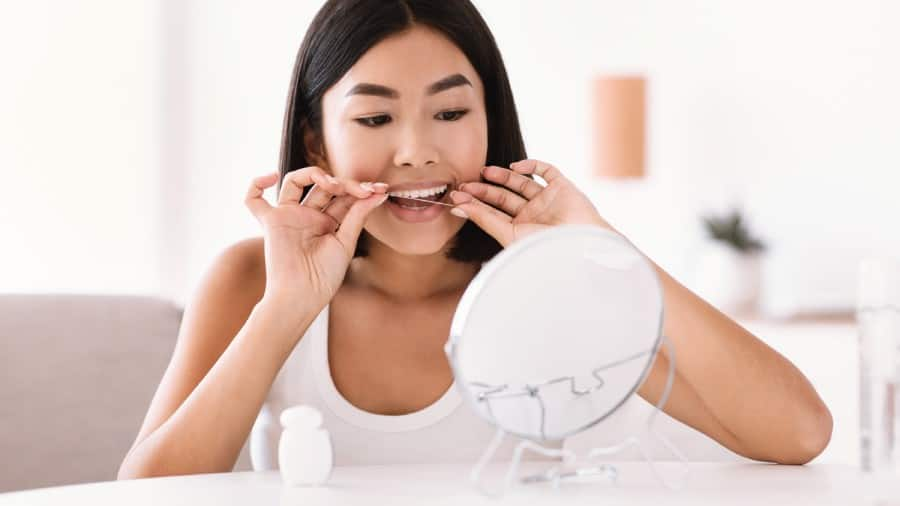
Learn effective ways to remove tartar buildup, prevent plaque, and maintain a bright, healthy smile. Discover expert tips for easy tartar removal at home.

Noticing that your cheeks are swollen can be distressing. There are many possible causes of cheek swelling, and a doctor or dentist can diagnose the issue.
Related Products

Helping dental professionals
More professionals across the world trust Colgate. Find resources, products, and information to give your patients a healthier future




